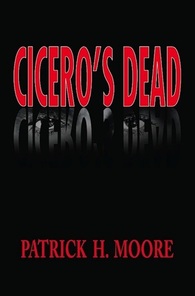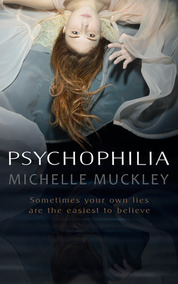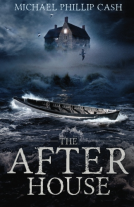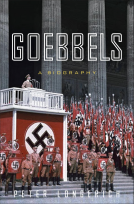*****
Jade's father dies, then her mother commits suicide. Worried for her brother, Richie, whom she cannot locate and with whom she is to share her father's $30 million estate, Jade engages the services of private investigator, Nick Crane, in Cicero's Dead, by Patrick H. Moore. Nick enlists the assistance of his friend, Bobby Moore, a somewhat troubled soul, "225 pounds of rock-hard Vietnam vet, with an in-your-face attitude, who wears shorts 300 days a year showing off thick hairy thighs, and a titanium prosthesis, courtesy of a Vietcong Dole pineapple mine." Nick learns that Cicero, well known to have been drug dealing, did not die in the manner in which the reports indicated. Further, though Richie is found, the company he keeps, one Arnold Clipper, is of concern, as Clipper controls Richie, emotionally manipulating the impressionable and needy young man. Add in the family attorney, James Halladay, who may have an agenda of his own, a friend of Jade and Richie's who is murdered during the course of the investigation, complicated interpersonal relationships, and believable and engaging dialogue, and you have the makings of a great story.
Patrick H. Moore's Cicero's Dead, will keep you turning pages. Indeed, I was able to tick off all the points of a story well-told with this one: (1) I enjoyed my time reading and did not want to put the book down; (2) I looked forward to continuing whenever the opportunity presented itself; (3) the engaging story, complete with sometimes sympathetic, sometimes despicable, characters, lead me to a satisfying conclusion; and (4) I will look forward to reading more of Moore's work. If you are longing for an engaging adventure, well told, look no further than Cicero's Dead.







